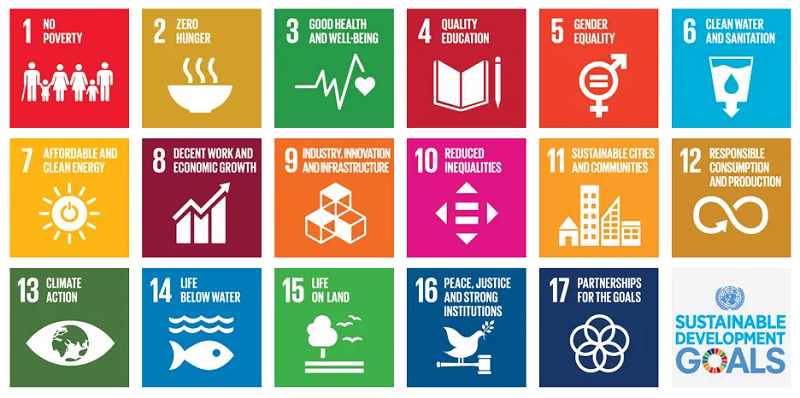The African Sustainable Development Report (ASDR) 2024 restates that progress on the Sustainable Development Goals (SDGs) and Agenda 2063 has continued to mount challenges.

The ASDR 2024 report was unveiled on the sideline of the African Economic Conference in Gaborone, Botswana.
The report was jointly produced by the United Nations Economic Commission for Africa (ECA), the United Nations Development Programme (UNDP), the African Development Bank (AfDB), and the African Union.
The report was presented by Dr Oyebanke Abejirin, Officer-in-Charge, Development Planning, Macroeconomics Finance and Governance Division of ECA.
Abejirin quoted the report as saying that less than six per cent of the 32 measurable SDG targets are on track for achievement by 2030.
“Amid economic headwinds like high debt burdens, inflation, and limited financing, the report underscores an urgent need for accelerated action to address poverty, hunger, climate change, governance, and partnerships.
“The ASDR 2024 provides a comprehensive analysis of Africa’s progress using the latest available data, albeit with notable limitations due to data lags.
“The report examines SDGs and Agenda 2063 goals through regional lenses and aligns its thematic focus with the annual high-level political forum themes.
“This year, the focus is on SDG 1 (poverty), SDG 2 (hunger), SDG 13 (climate action), SDG 16 (peace and justice), and SDG 17 (partnerships),’’ she said.
She said the report findings indicated that Africa was regressing on key indicators as poverty remained a significant challenge, with over 55 million Africans pushed into poverty in 2020 alone.
Abejirin said more than half of the global poor now reside in Africa, and extreme child poverty was alarmingly high, with seven out of ten of the world’s poorest children living on the continent.
According to her, employment, often seen as a remedy for poverty, offers little reprieve as one in three employed Africans remains poor, compared to a global average of 6.38 per cent.
“Food insecurity and hunger have worsened post-COVID-19, with 61 million additional people facing undernourishment and 60 per cent of Africa’s population experiencing moderate to severe food insecurity.
“The cost of healthy diets has risen significantly, compounding the crisis. Climate change presents a mixed picture.
“Africa’s per capita emissions remain low at one ton versus a global average of 4.7 tons, yet the continent bears significant impacts from climate events,’’ she said.
The AfDB stated that climate finance had remained woefully inadequate, covering just 11 per cent of the 277 billion dollars needed annually to address the crisis.
Abejirin said while African nations have made strides in signing strategic frameworks like the Sendai Framework for Disaster Risk Reduction, implementation remains inconsistent.
She said: “Governance challenges persist, with corruption and illicit financial flows siphoning 88.6 billion dollars annually.
“Reports of bribery have surged, and conflict-related deaths, although reduced by 86 per cent, are overshadowed by an increase in the number of conflicts across the continent.
“On a positive note, female representation in African parliaments has grown, surpassing Agenda 2063 targets. Partnerships for development face significant hurdles,’’ she said.
The AfDB official stated that official development assistance (ODA) had remained below the 0.7 per cent target, and foreign direct investment, though rebounding to 83 billion dollars in 2021, lagged behind its 2014 peak.
According to her, debt distress has also weighed heavily on African economies, complicating development efforts.
Abejirin said the ASDR’s policy recommendations included scaling concessionary financing, integrating SDG and Agenda 2063 goals into national plans, strengthening agricultural infrastructure, and leveraging the African Continental Free Trade Area (AfCFTA).
“These strategies, if implemented, can help reverse negative trends and place Africa on a more sustainable trajectory,” she said.
Abejirin said the ASDR 2024 serves as both a wake-up call and a roadmap for African nations and their development partners to accelerate progress amid growing challenges.
By Lucy Ogalue
